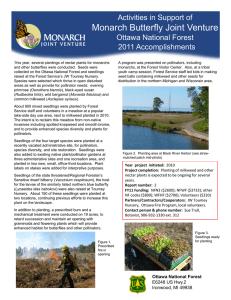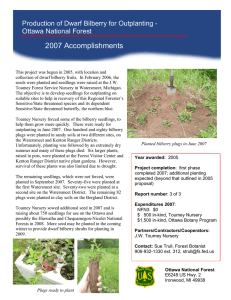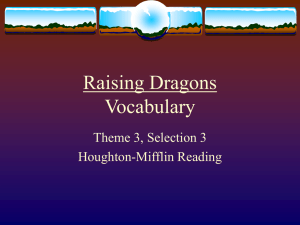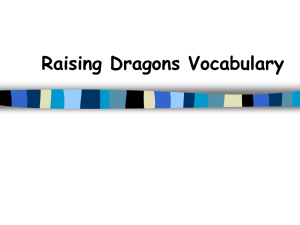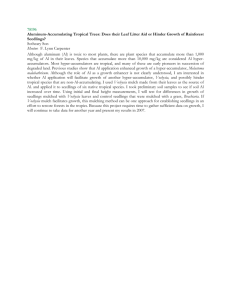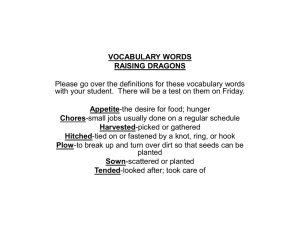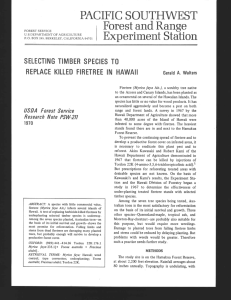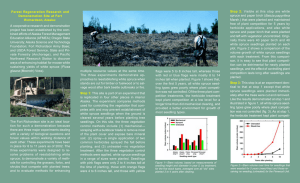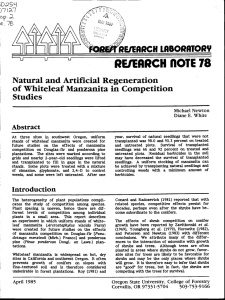Native Plant and Pollinator Projects Title text here Ottawa National Forest
advertisement
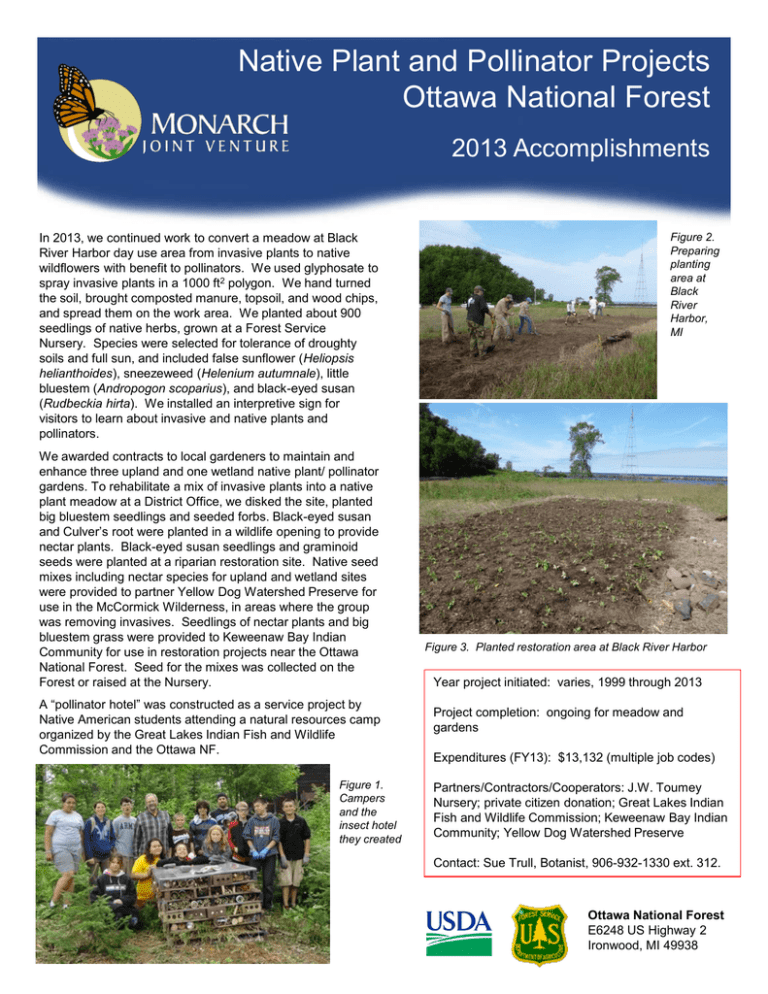
Native Plant and Pollinator Projects Title text here Ottawa National Forest 2013 Accomplishments In 2013, we continued work to convert a meadow at Black River Harbor day use area from invasive plants to native wildflowers with benefit to pollinators. We used glyphosate to spray invasive plants in a 1000 ft2 polygon. We hand turned the soil, brought composted manure, topsoil, and wood chips, and spread them on the work area. We planted about 900 seedlings of native herbs, grown at a Forest Service Nursery. Species were selected for tolerance of droughty soils and full sun, and included false sunflower (Heliopsis helianthoides), sneezeweed (Helenium autumnale), little bluestem (Andropogon scoparius), and black-eyed susan (Rudbeckia hirta). We installed an interpretive sign for visitors to learn about invasive and native plants and pollinators. We awarded contracts to local gardeners to maintain and enhance three upland and one wetland native plant/ pollinator gardens. To rehabilitate a mix of invasive plants into a native plant meadow at a District Office, we disked the site, planted big bluestem seedlings and seeded forbs. Black-eyed susan and Culver’s root were planted in a wildlife opening to provide nectar plants. Black-eyed susan seedlings and graminoid seeds were planted at a riparian restoration site. Native seed mixes including nectar species for upland and wetland sites were provided to partner Yellow Dog Watershed Preserve for use in the McCormick Wilderness, in areas where the group was removing invasives. Seedlings of nectar plants and big bluestem grass were provided to Keweenaw Bay Indian Community for use in restoration projects near the Ottawa National Forest. Seed for the mixes was collected on the Forest or raised at the Nursery. A “pollinator hotel” was constructed as a service project by Native American students attending a natural resources camp organized by the Great Lakes Indian Fish and Wildlife Commission and the Ottawa NF. Figure 1. Campers and the insect hotel they created Figure 2. Preparing planting area at Black River Harbor, MI Figure 3. Planted restoration area at Black River Harbor Year project initiated: varies, 1999 through 2013 Project completion: ongoing for meadow and gardens Expenditures (FY13): $13,132 (multiple job codes) Partners/Contractors/Cooperators: J.W. Toumey Nursery; private citizen donation; Great Lakes Indian Fish and Wildlife Commission; Keweenaw Bay Indian Community; Yellow Dog Watershed Preserve Contact: Sue Trull, Botanist, 906-932-1330 ext. 312. Ottawa National Forest E6248 US Highway 2 Ironwood, MI 49938
